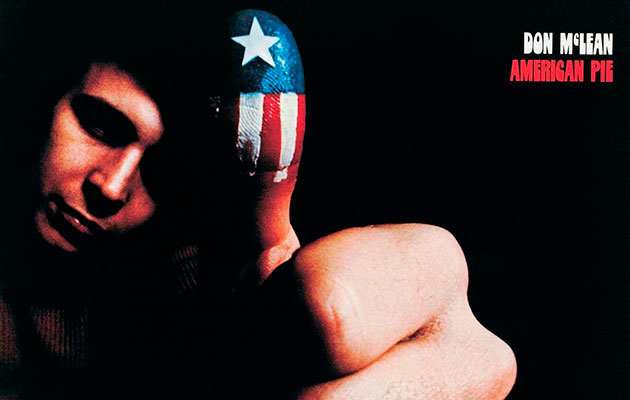STONER: You can feel the excitement of the thing coming together – and one of the things that makes it exciting is that people didn’t really know the song. Before the last verse, the track slows down for a second. It’s like the end of “Sad-Eyed Lady Of The Lowlands”, when you can just feel the musicians looking at each other – is this the end? There’s a point where everybody’s going, “Is this the place where we stop and he goes into “I met a girl who sang the blues”?” It’s pretty loose, man.
SPINOZZA: Also what was different was that this was a song that started in tempo, went out of tempo, went to what they call robatto, a music term meaning he plays freely, and then all of a sudden goes back into tempo. That was used in Broadway musicals. It was never used in a pop record. Most songs started at a tempo and stayed that way.
FREEMAN: There was one take, the last one, where everybody crowded into the booth to listen to it. We were celebrating, back-slapping. There was a clear sense that this was a classic that would go down in history. But there was no sense that it would be a chart record, because there had never been one anywhere remotely that long.
FLYE: We actually got the whole thing on one side of a 45. We cut it at half-speed. But jukeboxes would have cut out before the end.
FREEMAN: Then we faded it out on one side and faded it up on the other. But the radio stations just played the album, and people went out and bought it.
FLYE: It sold millions of copies in the first couple of weeks.
STONER: You can fill in the blanks about which character you think is what. I mean people are always making such a big deal about it – term papers and theses on the meaning of “American Pie” – but it’s obvious. It’s a didactic story of rock’n’roll up to that point. It’s not very deeply coded.
FREEMAN: I was very aware of what the song was about: the loss of American innocence in the ‘60s, and the horrible, crushing death of the hippie movement. Somebody wrote a letter to Life magazine, two weeks after they wrote about “American Pie”. It was a woman whose husband had been missing in action in Vietnam. And she said that she used to cry and feel sorry for herself until she heard “American Pie”, and it made her realise how much we had all lost. “American Pie” was one of the first pieces of pop culture that acknowledged that there was a wound, that there had been a death. It was a very important song.
MCLEAN: There’s a sinister, dangerous quality to America. There’s a flaw. We’re a behemoth that I felt then was moving in the wrong direction, and I feel now is moving even more in the wrong direction. So all I did in writing the song and finishing it the way I did, was call the direction correctly.
FREEMAN: He played his first Carnegie Hall performance, a few months after “American Pie” came out. And he said, “There are a lot of people who I knew before who didn’t much care about me, and all of a sudden they’re coming up to me and trying to be friendly, and all I can say to you is: keep your distance.”
MCLEAN: When you’re that successful, you get sick of yourself. I cracked up. In the mid-‘70s I finally just snapped, and I started to cry a lot. But I got through it.
FREEMAN: As a songwriter he was running dry. That was his fling with greatness, but it didn’t last.
MCLEAN: It’s a song that replenishes itself, as I sing it now. Because as new things happen around it, it’s always there. All the songs that I play each night lead towards that song.



